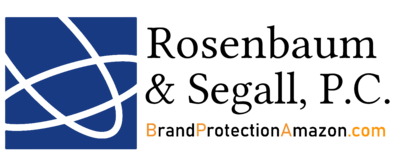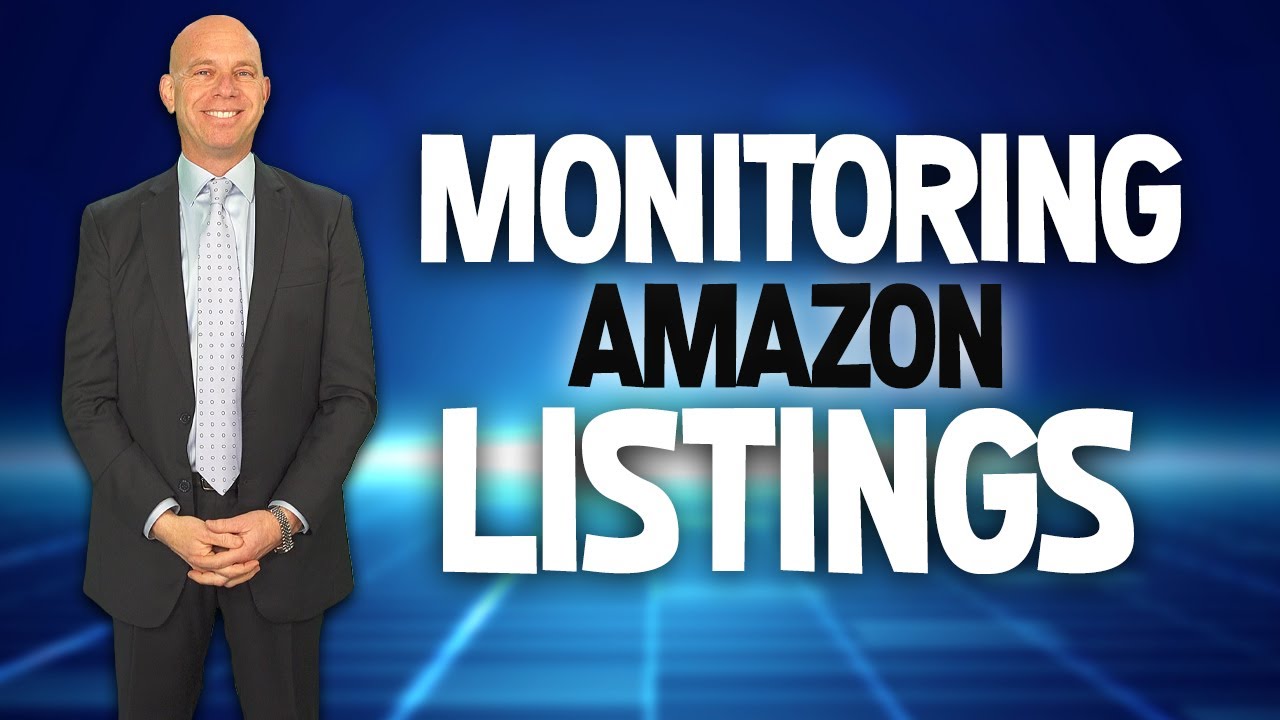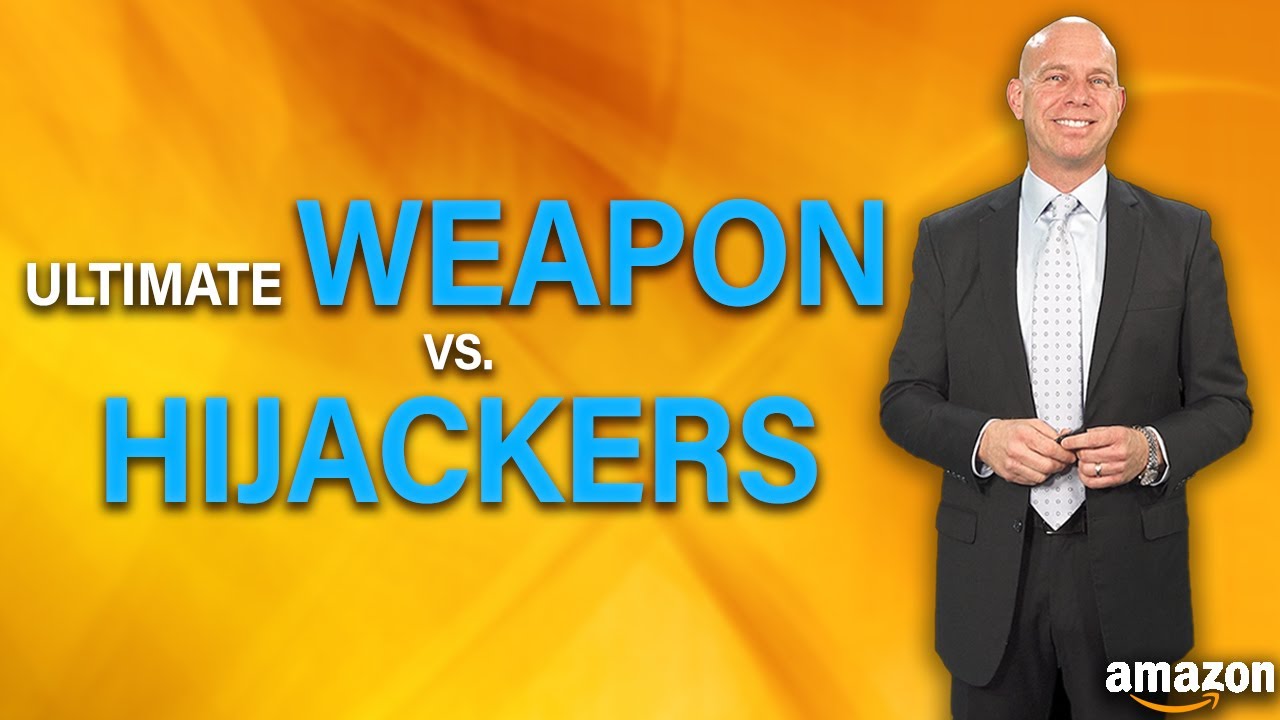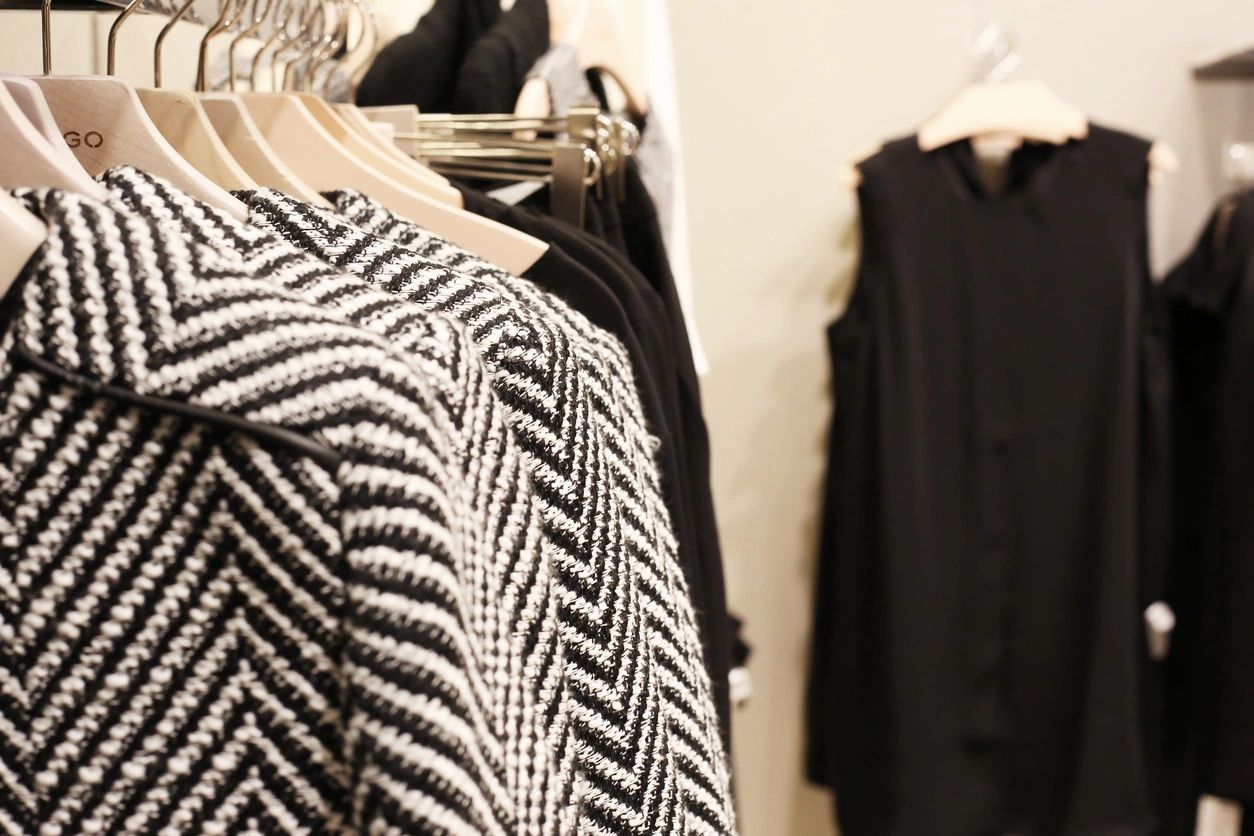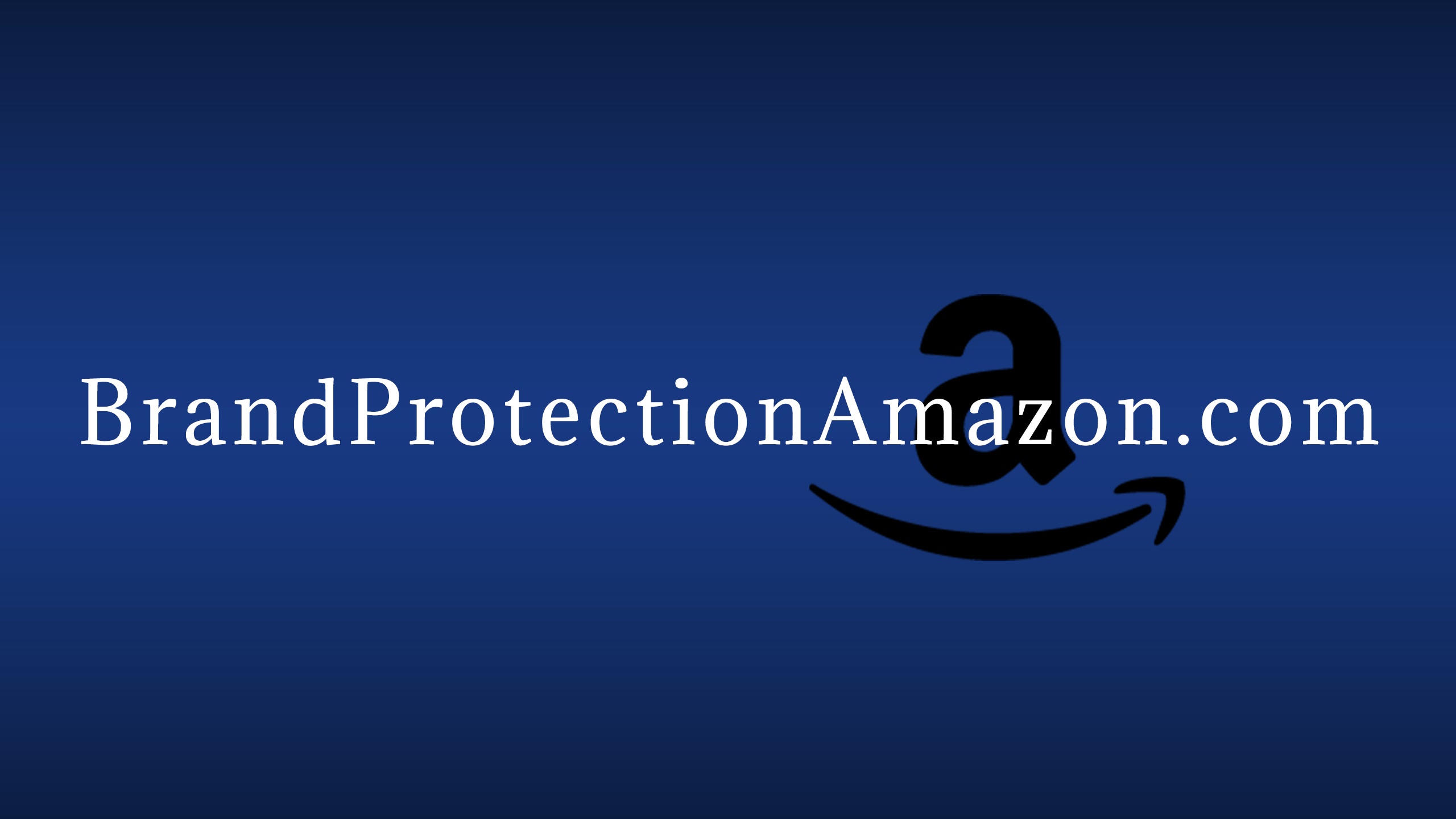
Counterfeit products plague the Amazon platform, and are one of the most commonly cited complaints that sellers have.
 Countries like China, India, and Vietnam have an abundance of factories and manufacturers which has resulted in these areas being linked to the majority of this counterfeiting problem.
Countries like China, India, and Vietnam have an abundance of factories and manufacturers which has resulted in these areas being linked to the majority of this counterfeiting problem.
Intellectual Property (IP) right protection is key to a successful brand not only in the United States, but abroad as well, which is why we recommend registering your brand for protection in these countries.
You cannot force an infringer to come to the United States, but registering your rights in their home country gives you the ability to bring the fight to the infringer.
Administrative Proceedings
Administrative proceedings are the most commonly used method to enforce intellectual property rights in Vietnam. They are the most cost effective and least time consuming option available to rights owners.
If you choose to use an administrative procedure to handle your infringement issue, remember that just like in China, the plaintiff cannot collect damages in an administrative setting. However, in a typical administrative hearing, Vietnam has enacted monetary fines which take measure that are sufficiently punitive to deter further infringement. Organizational infringement is punishable by fine up to $25,000 and individual infringement is limited to $12,500. So, although you will not be able to collect damages, a favorable decision in an administrative proceeding will ultimately force the infringing activity to cease.
Civil Proceedings
Rights owners are also able to file a claim with civil courts in Vietnam, however this is currently not a very popular option. Unlike in China, Vietnam has not yet created specialized IP courts. This means that when you file a complaint in Vietnam, the jurisdiction of your trial is the provincial People’s Court where the defendant resides. It is still important to register your rights however, because as we have seen in China, the law evolves quickly.
Protecting yourself today can prevent a headache for your business in the future.
Currently, the procedural rules in effect in Vietnam place the burden on the plaintiff to prove infringement. This means when you bring a claim in Vietnam, it is your responsibility to show the court that infringement has actually occurred. You then must also be able to prove that you are in fact the IP rights owner, as well as any actual damages (financial burdens) you are claiming. In some cases, if one party clearly has access to evidence relevant to the claims, the other party retains the right to request the court to compel production of such evidence.
Again, similarly to China, the judge will attempt to mediate a settlement prior to the start of the trial. If an agreement is reached the case can be dismissed. The current law allows for several provisional measures for the court to apply to goods suspected of infringement including: seizing the infringing products, prohibiting removal of the products, and prohibiting the transfer of ownership rights.
The court will decide whether to accept an IP issue within 6 months from receiving the complaint. Once a case is accepted, the trial will begin within a month or two of that date.
Civil Remedies
Vietnamese law states that any organization or individual found guilty of infringement shall be liable to civil, administrative or criminal remedies.
The following remedies are available for courts to deploy:
- compelling termination of the act of infringement
- compelling public rectification and apology
- compelling performance of civil obligations
- compelling compensation for damages
- compelling destruction of infringing products
So far, very few cases of IP infringement have been brought to court in Vietnam, but that does not mean that the fight is over. If Vietnam is anything like China, the fight may only just be beginning.
IP in Vietnam
Intellectual property matters are still fairly new for Vietnamese judges, but that doesn’t mean there are no options for rights owners in the country.
Administrative hearings will not compensate you with damages, but they can get the infringement to stop. Further, anticipating the development of the law is crucial because as soon as your rights are protected, you are eligible to use the law to your advantage.
